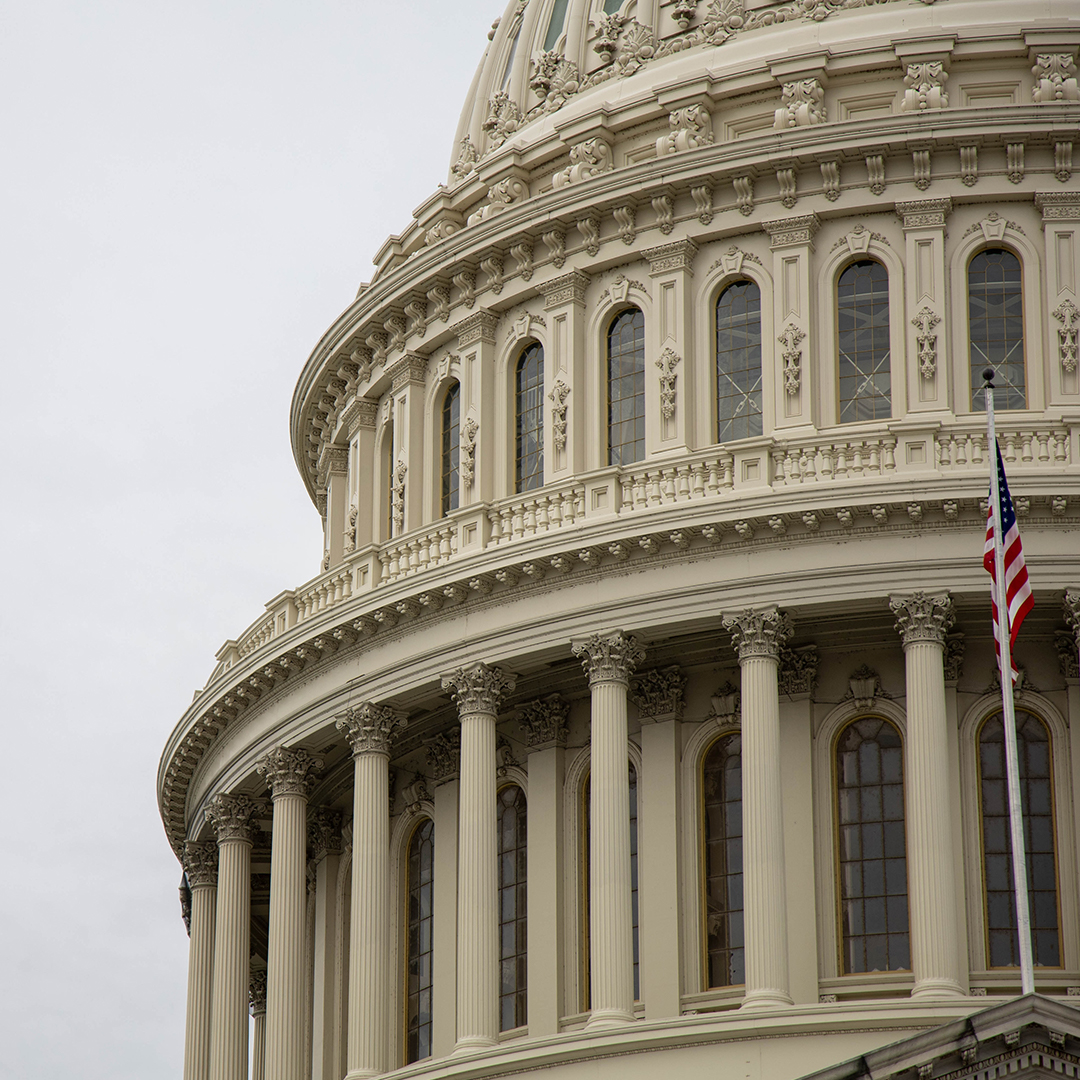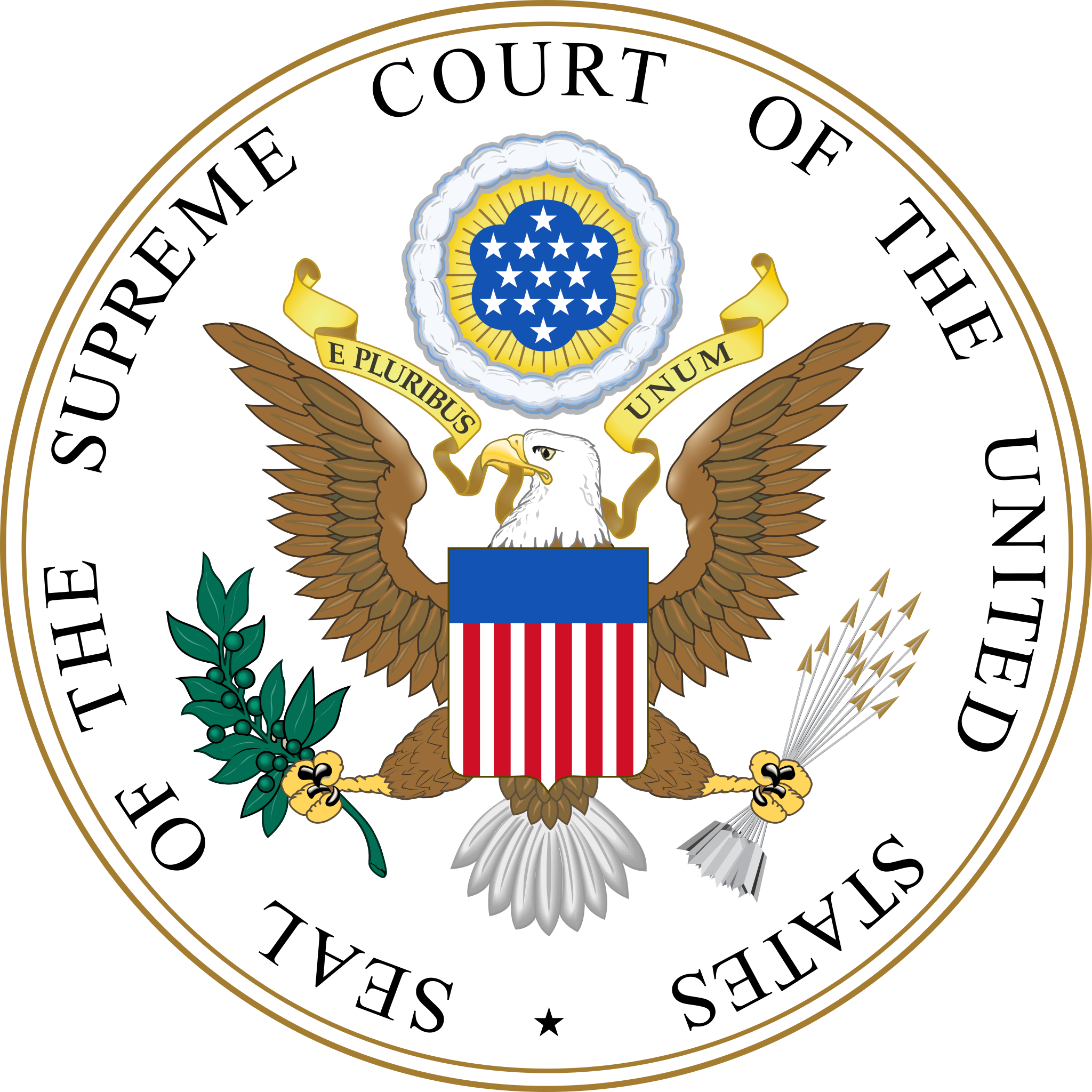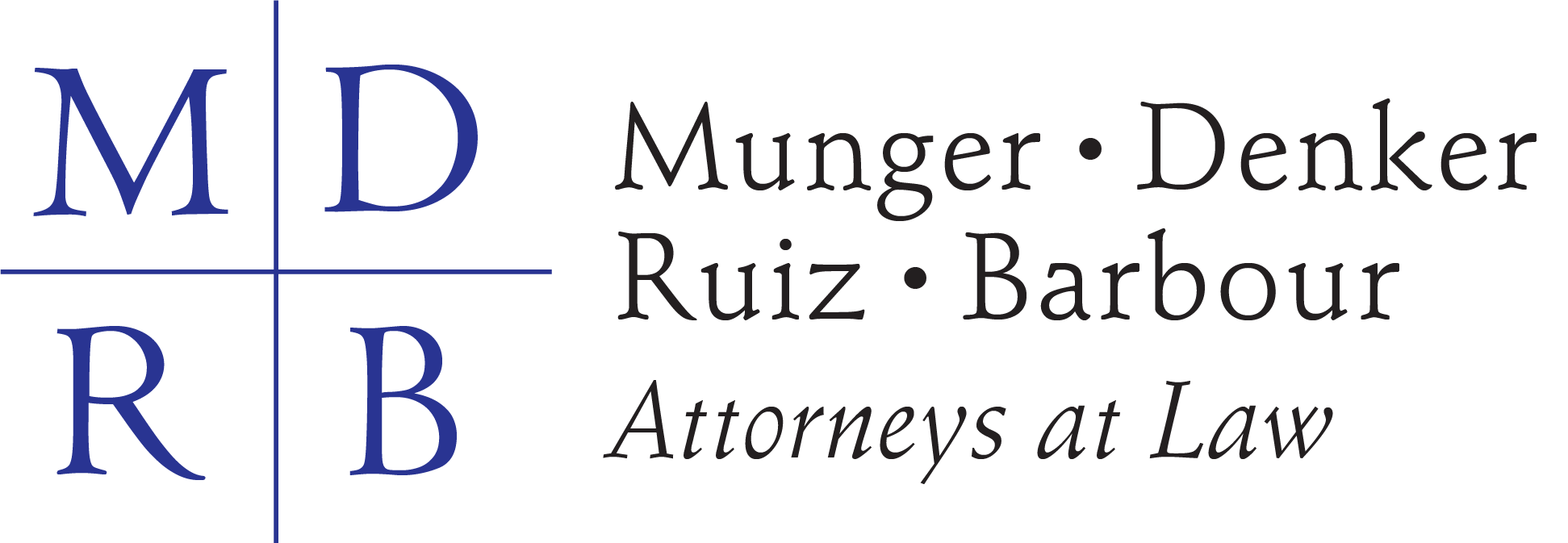
Law 101: Marbury v. Madison
In the annals of American legal history, few cases have had such a profound impact on the balance of power among the branches of government as Marbury v. Madison, 5 U.S. 137 (1803). This landmark Supreme Court case decided in 1803, laid the foundation for the principle of judicial review, forever shaping the course of American jurisprudence. For more information on how Munger • Denker • Ruiz • Barbour, can help you please contact us below.

The Background
To understand Marbury v. Madison, we must go back to the turbulent times of the early 19th century, when Thomas Jefferson defeated John Adams in the presidential election of 1800. As the political tides shifted, Adams, the outgoing president, appointed several individuals to various positions within the government in the last days of his presidency. William Marbury was one of those appointed to be a justice of the peace in the District of Columbia.
Due to a series of administrative delays, Marbury’s appointment paperwork was not delivered before the new Secretary of State, James Madison, took office under President Jefferson. Madison, believing the appointments were invalid, refused to deliver Marbury’s commission.
The Legal Dispute
Frustrated by the denial of his commission, Marbury turned to the newly established Supreme Court, seeking a writ of mandamus, a legal order requiring a government official to fulfill his duty – in this case, delivering Marbury’s commission. (The Judiciary Act of 1789 granted the Supreme Court the authority to issue writs of mandamus, among other powers.)
Chief Justice John Marshall, who presided over the Court, faced a dilemma. If he issued the writ of mandamus, the Court would be ordering the Secretary of State to perform an act that the President and his administration opposed. This could lead to a constitutional crisis and undermine the Court’s credibility.
The Ruling
Chief Justice Marshall navigated this complex issue by asserting the Court’s authority while avoiding a direct confrontation with the President. The Court held that Marbury had a right to his commission and that the Judiciary Act of 1789 did indeed grant the Supreme Court the power to issue a writ of mandamus.
But Marshall also declared that the Judiciary Act of 1789, to the extent that it expanded the Court’s original jurisdiction beyond what the Constitution allowed, was unconstitutional. He reasoned that the Constitution was the supreme law of the land and that any law conflicting with it must be declared void. This concept, known as “judicial review,” gave the Supreme Court the power to determine the constitutionality of laws and executive actions, marking a crucial turning point in American jurisprudence.
The Significance
Marbury v. Madison is widely regarded as one of the most important decisions in American legal history. By asserting the principle of judicial review, Chief Justice Marshall elevated the Supreme Court to an equal branch of government alongside the executive and legislative branches. This landmark case established the Court’s authority to interpret the Constitution, ensuring a system of checks and balances that has endured for over two centuries.
Since Marbury v. Madison, the Supreme Court has played a crucial role in interpreting the Constitution and passing judgment on the laws passed by Congress and the various states.
Conclusion
Marbury v. Madison remains a bedrock of American constitutional law, shaping the very fabric of the nation’s governance.
If you have legal questions or problems, the experienced team at Munger • Denker • Ruiz • Barbour, provides comprehensive legal solutions and effective advocacy, ensuring that your rights and interests are protected.
Latest Posts
Quiet Title
Normally, it is simple to determine who is the lawful owner of real property: Whoever is listed on the last deed recorded with the county recorder’s...
Quiet Title
Safeguarding Your Interests in Arizona Probate Court
What Is Probate Court? A probate court is one that has authority or jurisdiction over all cases involving wills, trusts, estates, and...



